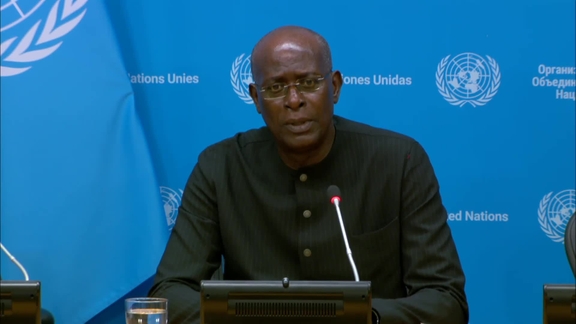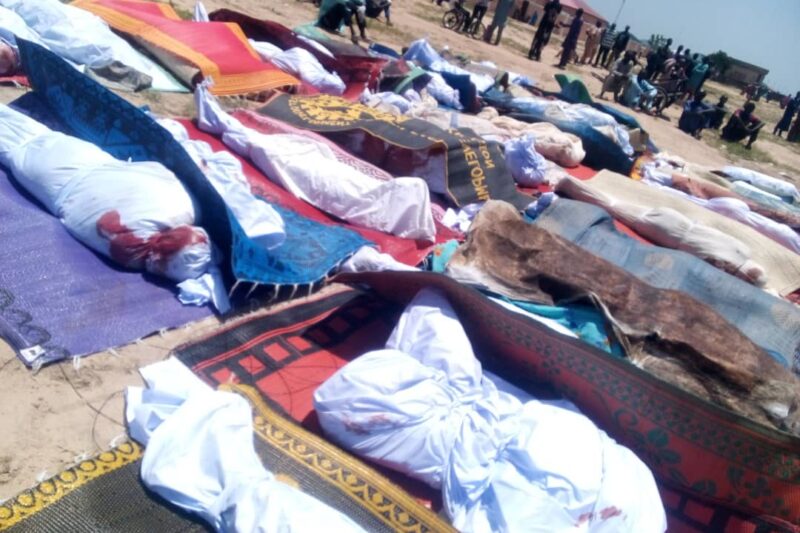The United Nations has strongly condemned the recent attack in Darul Jamal, a village in Bama Local Government Area of Borno State, Nigeria. The assault which occurred on Friday night, resulted in the deaths of 63 people, including Nigerian soldiers. The deadly raid was carried out by suspected members of the Jamā’at Ahl as-Sunnah lid-Da’wah wa’l-Jihād (JAS), more commonly referred to as Boko Haram insurgents.
Condemnation and Call for Investigation
The UN Humanitarian Coordinator in Nigeria, Mohamed Fall, expressed outrage over the killings and demanded justice for the victims. “I am deeply appalled and saddened by Friday’s reported killing of dozens of civilians in Darul Jamal Village, Bama Local Government Area. Civilians should never be a target”, Fall said in a statement.
Preliminary reports suggest more than 50 civilians were killed, while an undisclosed number of residents were abducted. Several others sustained injuries, and at least 28 homes were torched during the raid.

Call for Action
Fall urged security forces to apprehend the attackers and bring them to justice swiftly. He also called for the immediate release of all those abducted. The UN official emphasized the need for all parties in the conflict to protect civilians and adhere to international humanitarian law.
Broader Context
The attack is part of a troubling trend of rising violence in Borno state, with numerous attacks targeting rural communities, IDP camps, and public spaces. The conflict has claimed over 35,000 lives and forced more than 2 million people from their homes since 2009. Despite intensified counter-insurgency campaigns and reported gains by the military, security analysts warn that recurring attacks such as the Darajamal massacre underscore the need for a comprehensive strategy that blends military force with community resilience, deradicalisation, and economic recovery initiatives.









